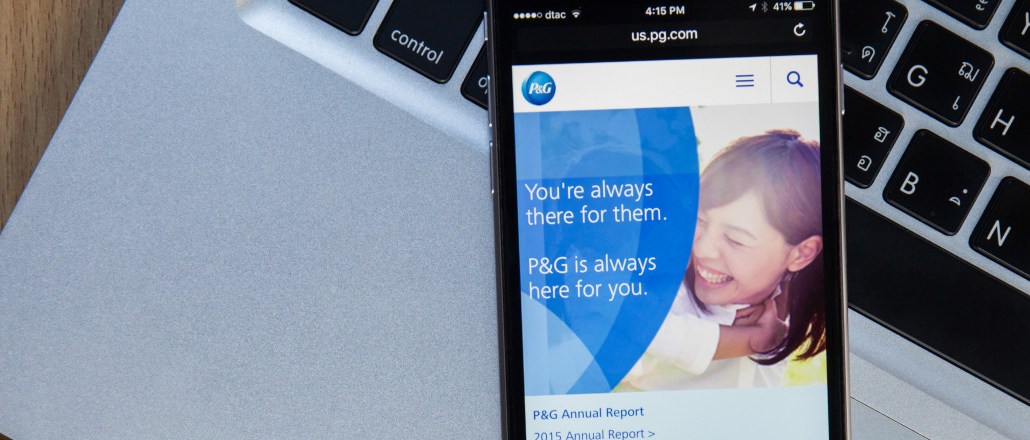Secure your place at the Digiday Media Buying Summit in Nashville, March 2-4
Procter & Gamble’s new strategy shows agencies still needed for programmatic

Looks like agencies are needed in the programmatic advertising future after all.
Procter & Gamble’s recent move to Omnicom, with its $2 billion a year in marketing, shows that media holding companies are still needed intermediaries even as more online ad-buying becomes automated.
Procter & Gamble was one of the more prominent advertisers to invest in programmatic ad technology over the past two years, threatening to bypass traditional media holding companies. However, its latest media review was very much about how Omnicom and rival bidders could help it with that programmatic strategy, not about how it could go it alone.
It shows that brands are starting to reconsider how much ad technology they can bring in house and where their expertise lies.
“Bringing programmatic in-house is a complicated and difficult ambition, and should be the exception, not the rule,” said a top digital agency executive, speaking on condition of anonymity because of ties to P&G. “From hiring, to evaluation of technology to support to data-storage, this is all so foreign to their core business of things like selling cars, snacks, soda or T-shirts.”
Procter & Gamble has been committing a greater share of its digital ad budget to programmatic buying. It has invested in its own team to manage its consumer data and online ad campaigns.
Earlier this year, the packaged goods giant became one of the largest companies to review its advertising strategy.
“All the holding companies pitched a variation on the same thing,” said another agency source who was involved in the review process. “The pitch from day one was heavily around programmatic buying, data and and how do these things scale in the future.”
Omnicom won partly because of the technological backbone of its business, a system known as Annalect, which matches brands’ data with ad inventory across the digital landscape.
Price and transparency were also factors in this year’s unprecedented round of agency reviews throughout the industry. Brands want media buying partners who are upfront about what it costs to buy ads online and charge that amount, not hide costs.
Advertisers have been going directly to tech vendors and using them as leverage and to help manage data, ad buying and marketing, which presents competition for traditional agencies.
“A lot of agencies have clients come to talk about how they want to bring programmatic in-house,” said another source from an agency involved in the P&G review. “Often, when they decide to do those things, though, they come back challenged.”
Brands find that it’s not enough to sign up with tech partners, though. They need the data scientists on staff and relationships with all the buying platforms.
“We have clients who have [ad tech] relationships that they want us to manage because we have the expertise to go in there, optimize the media, and look at all the data to make smart decisions about how to target those consumers,” the source said.
More of the industry is embracing this hybrid approach, one in which the brand can forge the relationships with tech partners but leave the execution to their agencies.
TubeMogul, a programmatic ad software firm, helps brands like Heineken and Lenovo buy digital video online. It’s rare for brands to bring this type of buying fully in-house, said David Burch, TubeMogul’s vp of global communications.
“We are still an agency-centric business, and most brands we work directly with take a hybrid approach, meaning the brand makes the technology decision and controls their data, but their agency drives strategy and executes buys,” Burch said.
More in Media

WTF is a creator capital market?
What is a creator capital market, what does it mean for creators looking to diversify revenue, and why is it so closely tied to crypto?

Media Briefing: Publishers explore selling AI visibility know-how to brands
Publishers are seeing an opportunity to sell their AI citation playbooks as a product to brand clients, to monetize their GEO insights.

Creators eye Snapchat as a reliable income alternative to TikTok and YouTube
Figuring out the Snapchat formula has been very lucrative for creators looking for more consistent revenue on a less-saturated platform.





